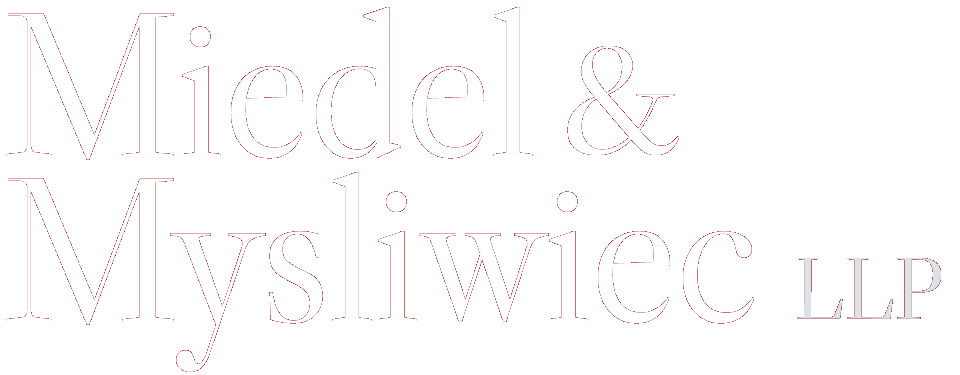When an individual is convicted of certain federal crimes, the government will typically argue that this person must forfeit any property used in the commission of the crime as well as any proceeds and/or property obtained as a result of the alleged offense.
However, in a recent unanimous decision titled Honeycutt v. U.S., the Supreme Court of the United States determined that the federal criminal forfeiture statutes can only be applied to “property the defendant himself actually acquired as the result of the” alleged offense.
While this may not look like an important distinction at first glance, it will nevertheless have a significant impact in federal cases involving criminal conspiracies. Indeed, this recent holding may drastically limit how prosecutors wield the powerful tool of criminal forfeitures in a variety of cases, including federal drug cases as well as certain white-collar offenses.
Honeycutt: Why it matters
In the recent Honeycutt decision, the Supreme Court was asked to examine a provision of the Comprehensive Forfeiture Act of 1984 — specifically 21 U.S.C. §853(a)(1). This particular statute requires the forfeiture of “any property constituting, or derived from, any proceeds the person obtained, directly or indirectly, as a result” of an alleged drug crime.
One of the most important aspects of this particular provision is that courts have traditionally treated all co-conspirators “jointly and severally liable” for criminal forfeitures under this statute — meaning each alleged conspirator bears the full responsibility for the entire forfeiture judgment. For example, if the government believed a conspiracy resulted in $500,000 of illegal profit, then it could seek forfeiture from every single alleged conspirator, regardless of circumstances, until they recovered the full forfeiture amount. However, the decision in Honeycutt has changed all of this.
The facts of Honeycutt revolve around the actions of two brothers: one who owned a hardware store and another who managed it. According to the criminal allegations, the hardware store sold significant amounts of a water purifier known as “Polar Pure” over a three-year period at a profit of $269,000. As the recent opinion outlined, most individuals have no legitimate use for this product in large quantities. In fact, law enforcement informed the brothers that this product was often used to manufacture methamphetamine.
Despite these warnings, the brothers continued to sell Polar Pure in large amounts, and an inevitable investigation by the DEA and local law enforcement ensued.
Ultimately, the brother who owned the store pled guilty and agreed to forfeit $200,000. Since the government believed both brothers to be jointly and severally liable as co-conspirators, it sought to recover the remaining $69,000 from the other brother after he was eventually convicted, even though he did not own the store and personally received none of the illegal profits.
However, the Supreme Court disagreed with the government’s position, holding that forfeitures are limited to the “property the defendant himself actually acquire[s] as a result of the crime.” Therefore, since the second brother had no ownership interest in the hardware store and did not personally benefit from the illegal sales of Polar Pure, no criminal forfeiture was permitted in regards to him — meaning he was not jointly and severally liable for the forfeiture judgment.
The wider implications of Honeycutt
While Honeycutt dealt with federal drug crimes, this decision will likely have much wider implications. Identically written forfeiture statutes govern a broad range of federal crimes, including white collar and fraud offense, and it’s only a matter of time before those statutes are challenged on the basis of Honeycutt.
One interesting open question deals with the meaning of “acquired.” If two individuals embezzle from their employer, but the money goes into the account of only one of them before he disburses half of it to his co-conspirator, is he responsible for the entire amount because he “acquired” it, or only the amount he kept? Stay tuned!

